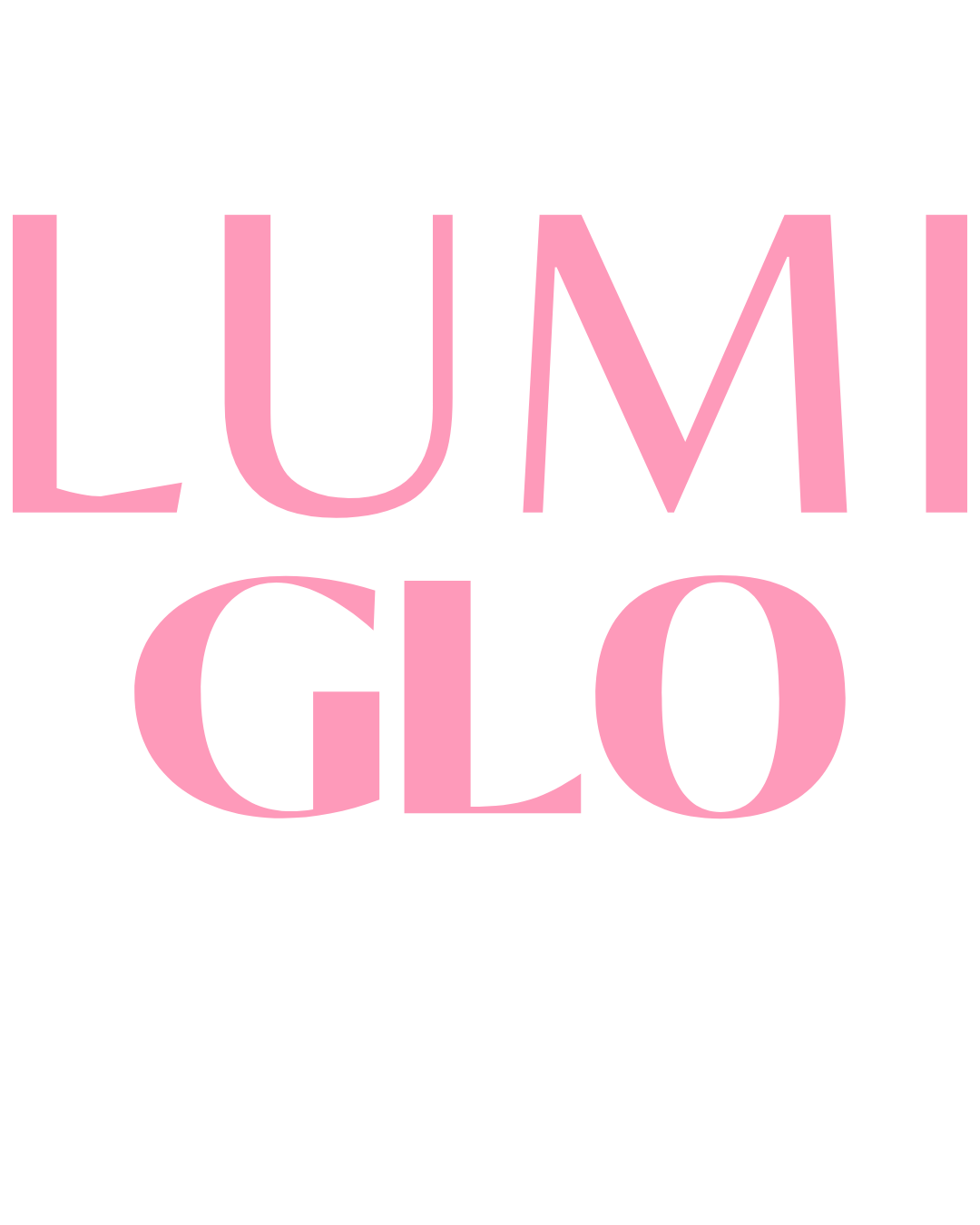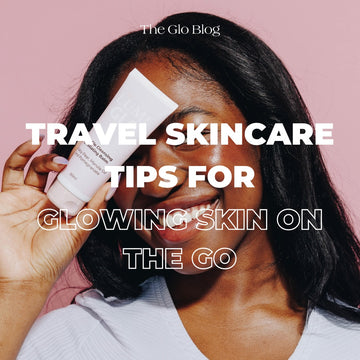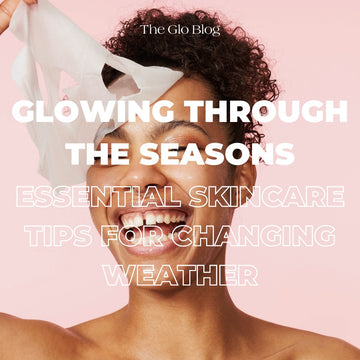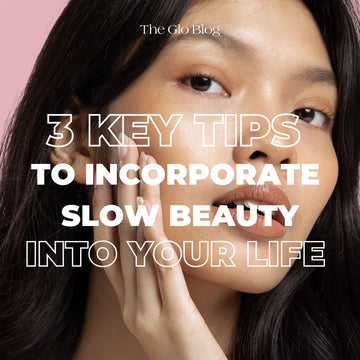Acne is a common skin condition that affects millions of people worldwide. While it may be a frustrating and sometimes confidence-denting problem, understanding its various types and causes can empower you to take control of your skin's health. In this blog post, we'll explore the different types of acne and the root causes behind this pesky skin issue. We'll also provide you with a comprehensive skincare routine to help you manage and reduce the occurrence of acne.
Types of Acne
Before delving into the causes and treatment, it's essential to understand the various types of acne. Acne is categorised into several types, including:
Whiteheads: These are small, raised, white bumps that occur when hair follicles become clogged with oil and dead skin cells.
Blackheads: Blackheads are similar to whiteheads but have a dark, open surface. The black color is not due to dirt but oxidation of the trapped oil.
Papules: Papules are small, red, and raised bumps on the skin. They are typically tender to the touch and may be a precursor to pustules.
Pustules: Pustules are red, inflamed bumps with a white or yellow center, filled with pus.
Nodules: Nodules are larger, solid lumps beneath the skin's surface that can be painful and may take longer to heal.
Cysts: Cysts are the most severe form of acne, presenting as large, painful, fluid-filled lumps. They often lead to scarring.
Causes of Acne
Understanding the root causes of acne is crucial in developing an effective skincare routine. Several factors can contribute to the development of acne:
Excess Sebum Production: Overactive sebaceous (oil) glands can result in too much sebum, which can clog hair follicles.
Clogged Pores: When dead skin cells mix with excess sebum, pores become clogged, leading to acne.
Bacteria: The bacterium Propionibacterium acnes (P. acnes) can multiply in clogged hair follicles, causing inflammation and pimples.
Hormonal Changes and Disorders: Hormonal fluctuations, common during puberty, menstruation, pregnancy, and Hormonal Disorders like PCOS, cause acne due to unbalanced hormones.
Diet: Some studies suggest that a high-glycemic diet and dairy products may exacerbate acne in some individuals.
Stress: Chronic stress can trigger hormonal imbalances, which may contribute to acne development.
Your Acne-Fighting Skincare Routine
Now that we understand the types and causes of acne, let's create a skincare routine to help you manage and prevent breakouts:
1. Gentle Cleansing: Use a mild, non-comedogenic cleanser twice daily to remove excess oil, dirt, and makeup. Avoid harsh or abrasive cleansers that can irritate the skin.
2. Exfoliation: 1-2 times a week, use a gentle exfoliant with salicylic acid or alpha hydroxy acids (AHAs) to remove dead skin cells and unclog pores.
3. Targeted Treatments: Incorporate treatments like sheet masks with soothing ingredients to reduce irritation and redness.
4. Hydration: Use a lightweight, non-comedogenic moisturiser to keep your skin hydrated. Hydrated skin is less likely to produce excess oil.
5. Sunscreen: Apply a broad-spectrum sunscreen daily, even on cloudy days, to protect your skin from UV damage and prevent post-acne scarring.
6. Healthy Diet: Incorporate a balanced diet rich in fruits, vegetables, and whole grains. Limit your consumption of high-glycemic foods and dairy if you suspect they exacerbate your acne.
7. Stress Management: Practice stress-reduction techniques like meditation, yoga, or exercise to manage stress-related acne triggers.
8. Professional Guidance: If your acne is severe or persistent, consult a dermatologist for personalised treatment options such as prescription medications or in-office procedures.
Acne is a common skin condition with various types and causes, but with a well-rounded skincare routine and a healthy lifestyle, you can effectively manage and reduce breakouts. Remember, consistency is key, and results may take time. Embrace a holistic approach to skincare, and don't hesitate to seek professional advice if needed. Your journey to clear, healthy skin starts with understanding and a proactive routine.



